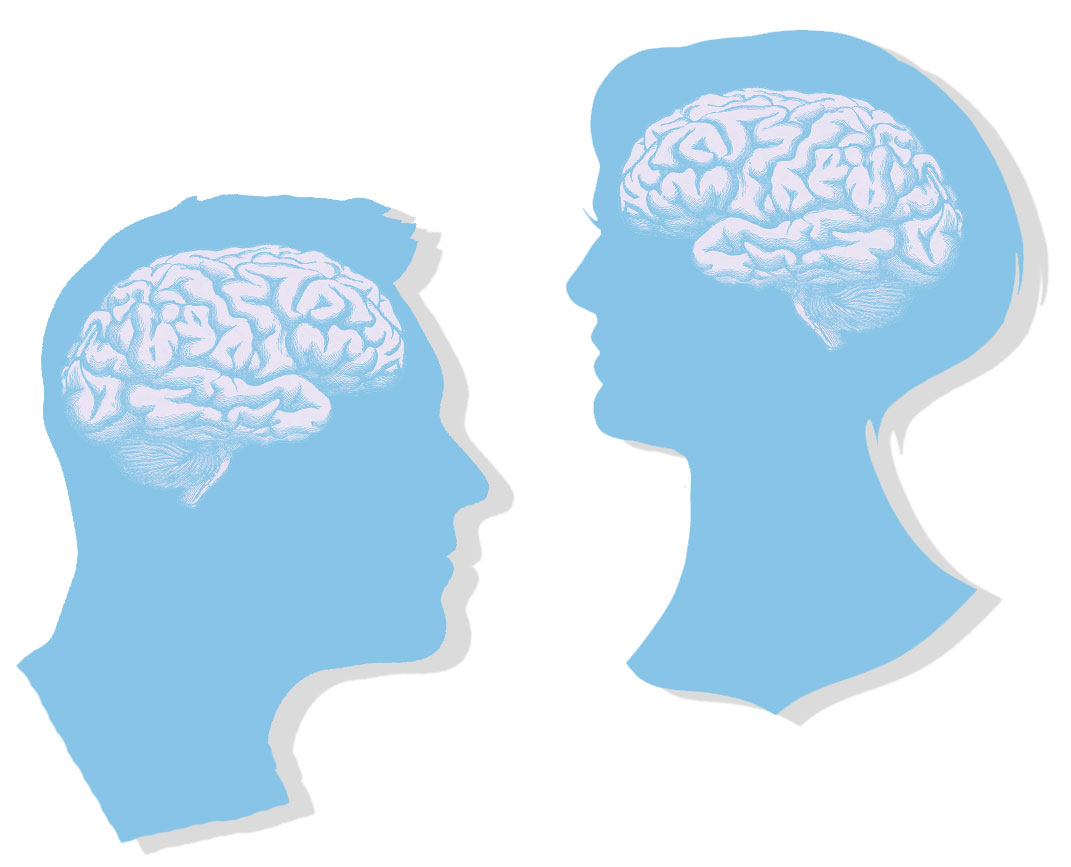Learning Terms
The following is terminology you may encounter when working with the Technology Innovations group. Because some terms leave room for ambiguity, we want to define how we are using them in our collaborations with faculty.
 Blended, or Hybrid Learning– Method in which a portion of the traditional face-to-face instruction is replaced by digital media and/or online learning. The online learning component can be self-directed. More here.
Blended, or Hybrid Learning– Method in which a portion of the traditional face-to-face instruction is replaced by digital media and/or online learning. The online learning component can be self-directed. More here.
Flipped Classroom – In the classic model of learning content is introduced in the classroom and reinforced through homework. In the flipped model, students spend their homework time before class in gaining the knowledge, then spend class time reinforcing or mastering the knowledge. The classroom time can be spent on problem-based learning, exploratory learning, or other methods where the educator can guide the students in an active learning process. You can explore resources about designing flipped classrooms here.
Active Learning – Method in which students participate in activities (e.g. reading, writing, problem solving, peer instruction) that promote analysis, synthesis and evaluation of class content.
Spiral Learning – A technique in which the basic facts of a subject are learned, without going into the details. As learning progresses, the basics are reemphasized while more details are introduced into the mix. The approach is directed towards entering the information into long-term memory. Find more information about how this is implemented in the Bridges Curriculum.
Asynchronous Learning – Method in which a cohort of students can learn the same material at different times, and by participating from different locations.
Audience Response System (ARS) – a combination of software and hardware that enable students to respond to questions and polls presented in the classroom. Students receive feedback after participating either through the software or from the instructor. You may have used this in the form of “clickers” or Poll Everywhere.
Core Competencies – The attitudes and skills that students should develop by the time they graduate from an academic program. There are 7 domains of competency.
